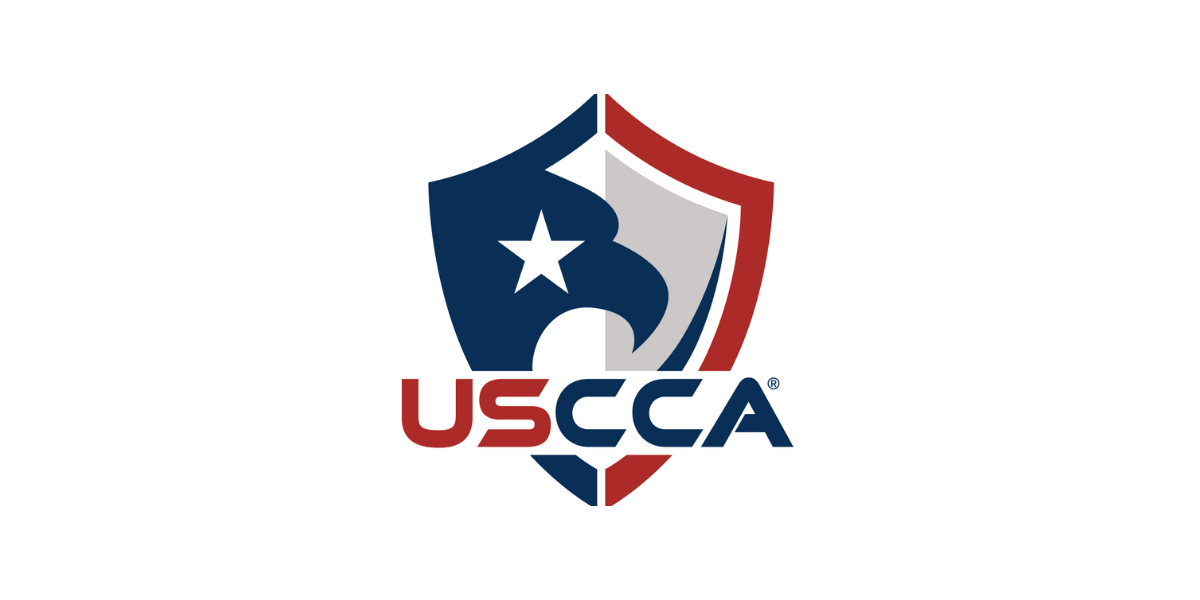Today the Texas Supreme Court issued its opinion on rehearing in USAA Texas Lloyds Co. v. Menchaca confirming the Vail principle that policy benefits wrongfully withheld can be awarded as actual damages for statutory violations. Although unanimously reaffirming the legal principles and rules announced in the original opinion, disagreement among the Justices on the procedural effect of those principles in this case warranted additional guidance from the Court in response to the parties’ arguments on rehearing.
The full Court reaffirms the holding that the trial court erred in this case by disregarding the jury’s answer to Question 1, finding that the insurer did not fail to comply with its obligations under the policy. The main changes on rehearing are the three different conclusions reached by the Justices on the procedural effect of this error:
JUSTICE GREEN, JUSTICE GUZMAN, and JUSTICE BROWN conclude that the jury’s answer to Question 1 is dispositive as to the plaintiff’s ability to recover damages for the Insurance Code violation the jury found in answer to Question 2, so they would render judgment for the insurer…. (GREEN, J., dissenting). THE CHIEF JUSTICE, JUSTICE LEHRMANN, JUSTICE BOYD, and JUSTICE DEVINE conclude that the jury’s answer to Question 1 creates a fatal conflict with its answers to Questions 2 and 3 [finding USAA failed to reasonably investigate and awarding policy benefits as actual damages]. THE CHIEF JUSTICE concludes that we must remand the case for a new trial because we cannot resolve that conflict on appeal.… (HECHT,C.J., concurring). JUSTICE LEHRMANN,JUSTICE BOYD, and JUSTICE DEVINE conclude that, because the conflicting answers do not present a fundamental error, the insurer waived the conflict by failing to raise it before the trial court discharged the jury. See TEX. R. CIV. P. 295.
Again rejecting USAA’s argument to render judgment based on the jury’s finding of no breach, the Court concludes that “because the parties lacked the benefit of the clarity we provide today, … [w]ith five votes the Court remands the case for a new trial.”
As to USAA’s concern regarding confusion over how to submit the dual claims to a jury, the Court noted that “the proper submission depends on the disputed facts and issues in each case. There is, for example, no one single proper way to submit a breach-of-contract claim to a jury.” The Court declined to offer case specific guidance but noted general principles and referenced the Texas Pattern Jury Charges. The Court offered several proposals suggesting proper jury submissions in matters such as Menchaca involving both a breach of contract and a statutory violation claim, but emphasized the importance of first determining whether the insured was entitled to benefits. A proper jury submission must include an appropriate question or instruction to establish that element, i.e. entitlement to benefits. “[O]ur holdings today clarify that, to establish “causation of policy benefits as damages” on a statutory-violation claim, the jury must find that the violation caused the insured to lose benefits she was otherwise entitled to receive under the policy.”
See opinion here: http://www.txcourts.gov/media/1441365/140721.pdf.






